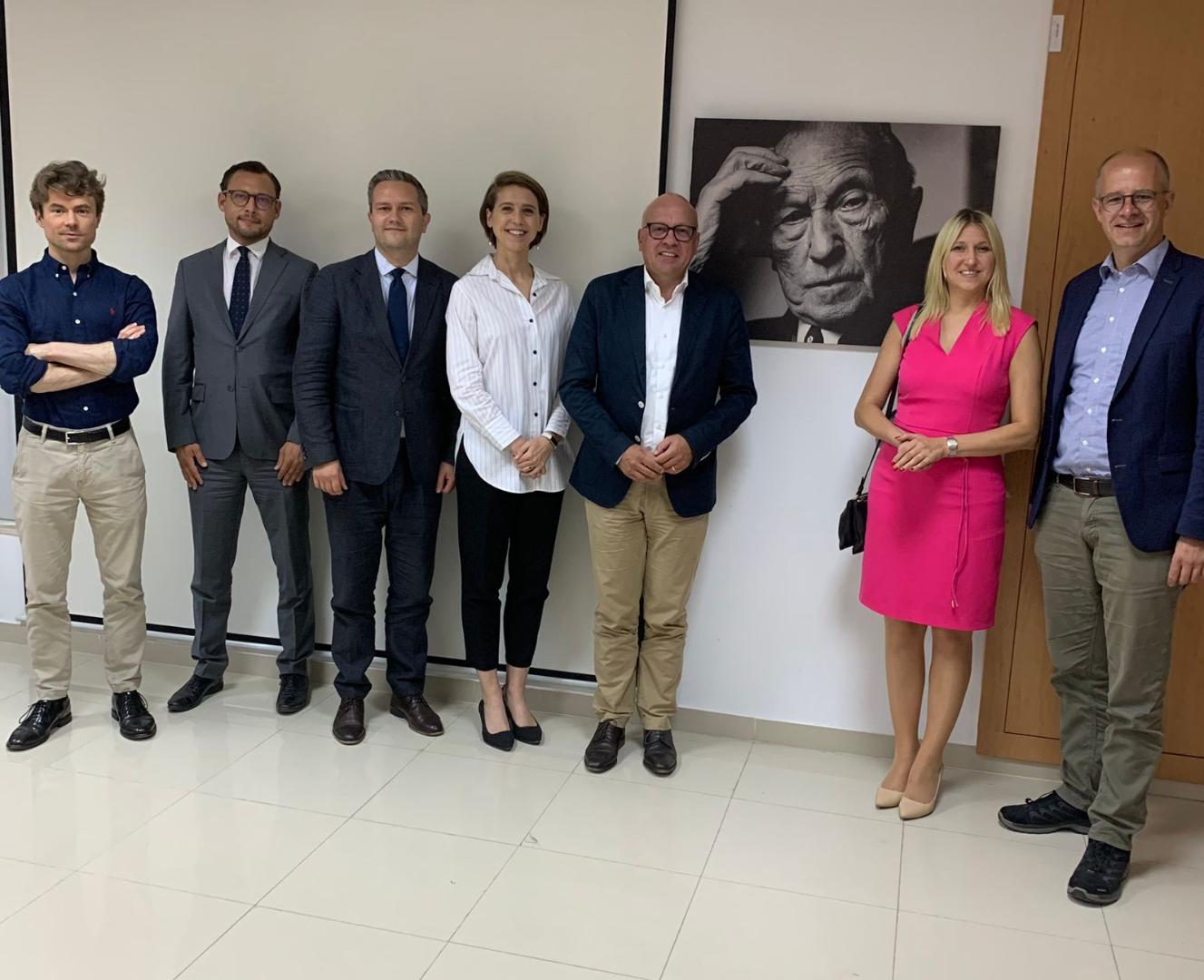The dialogue program focused on discussions on current migration policy challenges in Tunisia and the region. In talks with international organizations, including UNHCR, and Tunisian government agencies, the current migration movements from Tunisia across the Mediterranean to Europe were discussed and possibilities for effective cooperation between Germany, Europe and Tunisia were explored.
According to the International Organization for Migration (IOM), the United Nations migration agency, approximately 3800 people from the Middle East/North Africa region died on migration routes in 2022. This is the highest number since 2017, when 4255 deaths occurred. The region in Europe's immediate southern neighborhood is thus responsible for half of all global deaths in the context of migration movements, according to IOM. The Mediterranean therefore remains one of the world's deadliest migration routes.
By July 1, 2023, more than 70,000 people have already arrived in Europe from Tunisia, so the number of irregular migration movements continues to rise. Therefore, during a visit to Tunis in June, the President of the European Commission, Ursula von der Leyer, as well as the Prime Minister of Italy and the Prime Minister of the Netherlands, made it clear that the European Union and its member states wanted to support Tunisia in addressing the irregular migration challenge, especially in combating smuggling networks.
Therefore, the domestic policy spokesman of the CDU/CSU parliamentary group, Alexander Throm, the human rights policy spokesman of the parliamentary group, Michael Brand and MP Dr. Silke Launert held talks in Tunis to learn about the situation on the ground and to present the position of the CDU/CSU parliamentary group in an exchange with Tunisian interlocutors.




